Edward Charles Valandra - Not Without Our Consent: Lakota Resistance to Termination, 1950-59
Here you can read online Edward Charles Valandra - Not Without Our Consent: Lakota Resistance to Termination, 1950-59 full text of the book (entire story) in english for free. Download pdf and epub, get meaning, cover and reviews about this ebook. year: 2010, publisher: University of Illinois Press, genre: Politics. Description of the work, (preface) as well as reviews are available. Best literature library LitArk.com created for fans of good reading and offers a wide selection of genres:
Romance novel
Science fiction
Adventure
Detective
Science
History
Home and family
Prose
Art
Politics
Computer
Non-fiction
Religion
Business
Children
Humor
Choose a favorite category and find really read worthwhile books. Enjoy immersion in the world of imagination, feel the emotions of the characters or learn something new for yourself, make an fascinating discovery.
- Book:Not Without Our Consent: Lakota Resistance to Termination, 1950-59
- Author:
- Publisher:University of Illinois Press
- Genre:
- Year:2010
- Rating:5 / 5
- Favourites:Add to favourites
- Your mark:
Not Without Our Consent: Lakota Resistance to Termination, 1950-59: summary, description and annotation
We offer to read an annotation, description, summary or preface (depends on what the author of the book "Not Without Our Consent: Lakota Resistance to Termination, 1950-59" wrote himself). If you haven't found the necessary information about the book — write in the comments, we will try to find it.
In a 1953 effort to end the authority of local Native American governments, Congress passed Public Law 83-280. Allowing states to apply their criminal and civil laws to Native American country, the law provided an unparalleled opportunity for the state of South Dakota to crush burgeoning Lakota nationalism.
Edward Valandras Not Without Our Consent documents the tenacious and formidable Lakota resistance to attempts at applying this law. In unprecedented depth, it follows their struggle through the 1950s when, against all odds, their resistance succeeded in the amendment of PL 83-280 to include Native consent as a prerequisite to state jurisdiction. The various House and Senate bills discussed in the manuscript are reproduced in five appendices.
|Contents Foreword by Vine Deloria Jr. Introduction 1. U.S Termination Policy, 1945-53 2. Zimmerman Applied: Lakota Termination-Ready Status 3. Afterword Appendixes A. Senate Bill No. 278 B. House Bill No. 721 C. House Bill No. 892 D. Senate Bill No. 210 E. House Bill No. 659 F. House Bill No. 791 Bibliography Indexes
Library of Congress Subject Headings for this publication: Rosebud Sioux Tribe Legal status, laws, etc, Teton Indians Legal status, laws, etc, Indians of North America Legal status, laws, etc, South Dakota, Indian termination policy South Dakota History 20th century|
Not Without Our Consent is great historical sociology and an important contribution to the historical-legal scholarship in the field of American Indian history. The real value of Valandras work of recovering and digesting data from the past is its ability to inform the present and future actions of policymakers of all three sovereigns, let they repeat the same costly and painful mistakes of the past.Law and History Review
|
Edward Valandra is a Sicangu Lakota (enrolled) from the Rosebud Sioux Reservation. He has served on several Native American councils and committees, including the Rosebud Sioux Tribal Council. Vine Deloria Jr. is the author of Custer Died for your Sins: An Indian Manifesto and other works.
Edward Charles Valandra: author's other books
Who wrote Not Without Our Consent: Lakota Resistance to Termination, 1950-59? Find out the surname, the name of the author of the book and a list of all author's works by series.


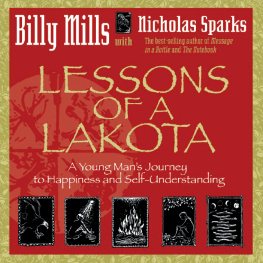
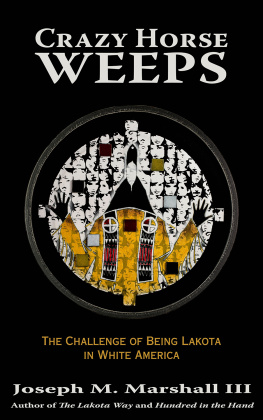

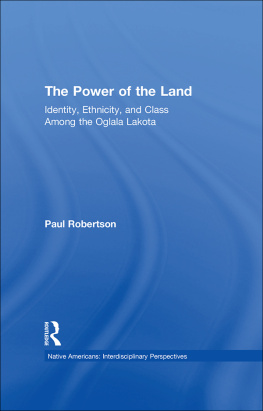
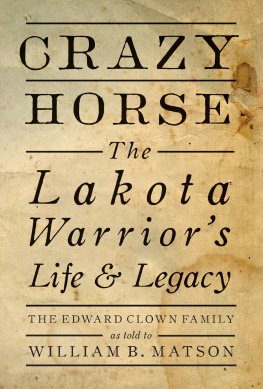
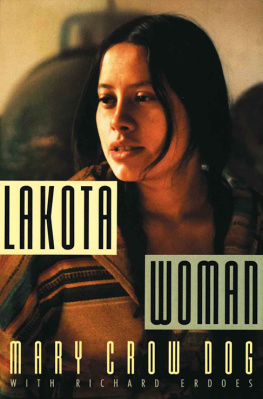
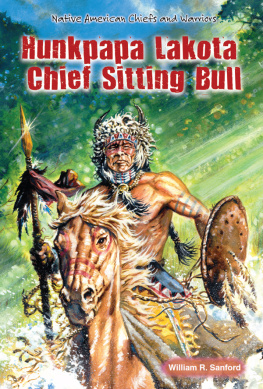
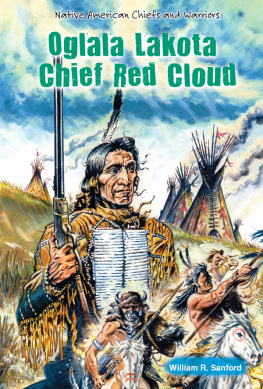

 This book is printed on acid-free paper.
This book is printed on acid-free paper.